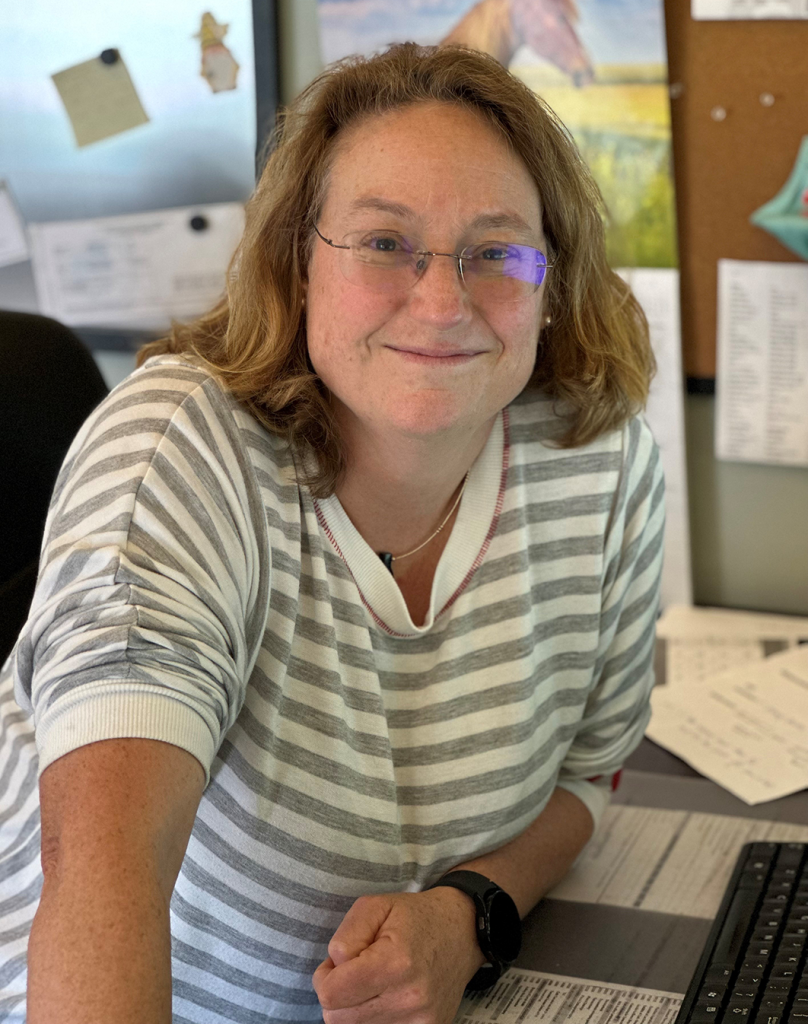A Conversation with Surgeon Annick-Marie Kaufman, MD
 It’s Skin Cancer Awareness Month
It’s Skin Cancer Awareness Month
Why is it important to consider your skin and to be aware of skin cancer?
Skin cancer can unfortunately creep up on you as you get older. This is because skin cancer is an accumulation of damage to your skin from when you were younger and not as good about putting on sun screen. Even when our mothers yelled at us!
It’s important to make your primary care provider aware of any changes in skin. If you see anything change in color, shape, and size, it should be brought to the attention of your primary care provider. If they’re concerned, they can send you hear to us to have it looked at and removed.
We often catch skin cancer early, but not always. If it is not caught early, it can go into the lymphatic system and show up in other organs, such as your gallbladder or liver. I’ve also had patients with no legions come in with enlarged lymph nodes, and we biopsy it and it is melanoma and we have no idea where it came from. This can even happen 20 years after melanoma is removed. Which is why it is so important to keep an eye on your skin from the very beginning for prevention measures.
Get your kids into a habit. If you go outside, put on sunscreen.
To help prevent skin cancer, it’s important to wear sunblock, especially if you have thin hair or if your child has very light hair. These kids burn quite easily, so they should also use a hat. Because my child refused to wear a hat when he was little, we got into the habit of using the spray-on sunscreen so he wouldn’t get burned.
You can get burnt anytime you’re outside in the sunshine. Even in winter, when you’re skiing! You’re also at risk if you’re out on the water (because of the reflection) or in a boat.
Make sure you reapply after swimming, because even waterproof lotions come off. Reapply a few times a day, and maybe wear a t-shirt if outside all day to give your skin a break.
If you burn more easily, you’re at higher risk.
Being very white, having lots of freckles, being exposed to ultra violet light, ionizing radiation, arsenic, having a family history, or having an inherited disorder all increase your risk.
But basically, the whiter your skin, the less melanin, which is what protects your skin from burning.
So this Skin Cancer Awareness Month, check your skin and talk with your primary care provider if you have any concerns.
